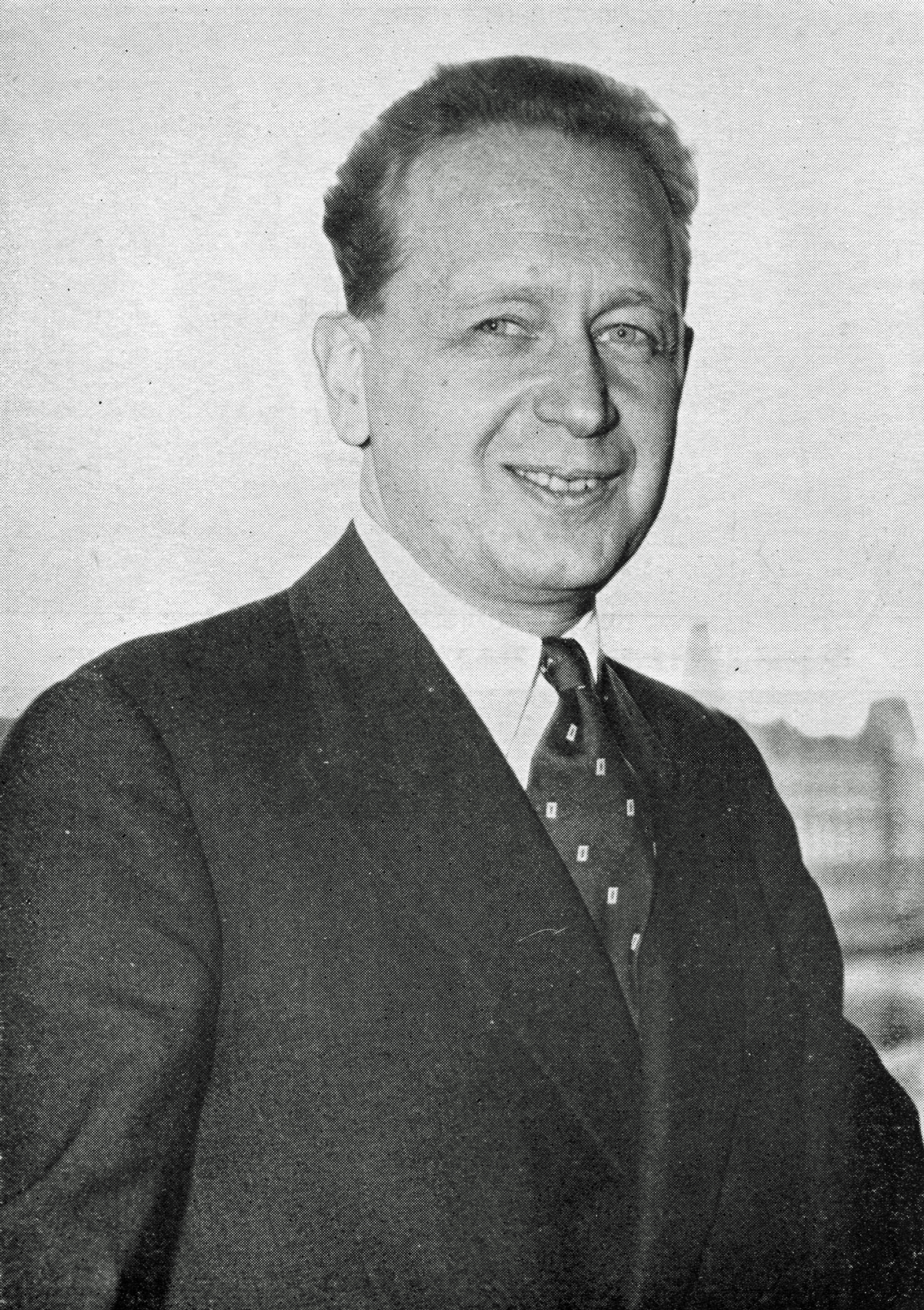Dag Hammarskjöld
 Dag Hjalmar Agne Carl Hammarskjöld (English: ,; 29 July 1905 – 18 September 1961) was a Swedish economist and diplomat who served as the second secretary-general of the United Nations from April 1953 until his death in a plane crash in September 1961. As of 2025, he remains the youngest person to have held the post, having been only 47 years old when he was appointed. He was a son of Hjalmar Hammarskjöld, who served as Prime Minister of Sweden from 1914 to 1917.
Dag Hjalmar Agne Carl Hammarskjöld (English: ,; 29 July 1905 – 18 September 1961) was a Swedish economist and diplomat who served as the second secretary-general of the United Nations from April 1953 until his death in a plane crash in September 1961. As of 2025, he remains the youngest person to have held the post, having been only 47 years old when he was appointed. He was a son of Hjalmar Hammarskjöld, who served as Prime Minister of Sweden from 1914 to 1917.Hammarskjöld's tenure was characterized by efforts to strengthen the newly-formed UN both internally and externally. He led initiatives to improve morale and organisational efficiency while seeking to make the UN more responsive to global issues. He presided over the creation of the first UN peacekeeping forces in Egypt (the UNEF) and the Congo (the ONUC) and personally intervened to defuse or resolve diplomatic crises. Hammarskjöld's second term was cut short when he died in a plane crash while en route to cease-fire negotiations during the Congo Crisis.
Hammarskjöld was and remains well regarded internationally as a capable diplomat and administrator, and his efforts to resolve various global crises led to him being the only posthumous recipient of the Nobel Peace Prize. In the Western world, his appointment and tenure were hailed as one of the most notable and successful in UN leadership. U.S. President John F. Kennedy called Hammarskjöld "the greatest statesman of our century". In the third world, however, his legacy is extremely controversial, given his erratic performance in the Congo Crisis, with consequences to this day. Provided by Wikipedia
